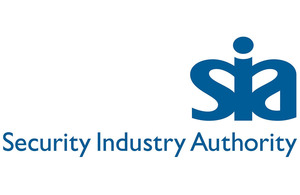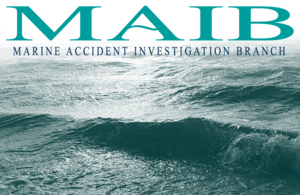Driving forward peacekeeping reform through practical recommendations that address today’s challenges
Thank you Mr Chair, and please accept my congratulations on your re-election.
I want to start by commending the dedication and courage of all our personnel in the field, and to pay tribute to the memory of the 129 peacekeepers who lost their lives in 2020. In the last year, the Covid-19 pandemic has only added to the range of challenges our peacekeepers face.
The United Kingdom attaches great value to the work of this Committee in driving forward peacekeeping reform, through practical recommendations that address today’s challenges. While progress has been made in implementing the Secretary-General’s Action for Peacekeeping (A4P) initiative there is, as ever, more that we can do.
This year we have seen the clear benefits of the Comprehensive Performance Assessment System in supporting missions to improve planning and decision-making, including mitigating the impacts of Covid-19. The UK is proud to be funding the roll out of this tool, which we hope to see completed this year.
We welcome the finalisation of the Integrated Peacekeeping Performance and Accountability Framework, setting out clear standards and measures to address underperformance and incentivise outstanding performance. Thorough implementation and reporting on the framework will now be crucial.
Following attacks on peacekeepers in Mali and the Central African Republic in recent months, it is clear that there is more we must do to keep peacekeepers safe. We hope the Committee will agree clear recommendations on improving situational awareness, training and equipment, and medical standards.
The UK remains committed to advancing the Women, Peace and Security agenda, and we firmly support the full, equal and meaningful participation of women in peacekeeping and peacebuilding. This is not only the right thing to do, but is also critical to operational effectiveness. To date, the UK has contributed $4.3million to the Elsie Initiative Fund to promote uniformed women’s participation.
Mr Chair, all of us have a responsibility to deliver on peacekeeping reform. The UK is committed to supporting the A4P agenda, including through our extra-budgetary support to the Secretariat and through our own peacekeeping deployments. Last December, the UK deployed a 250-strong long-range reconnaissance group to MINUSMA, thereby filling a key capability gap. This is helping MINUSMA to establish a more intelligence-led approach to peacekeeping, better protecting civilians and peacekeepers.
Mr Chair, we all have a common stake in the peacekeeping system. Let us recognise this as we work together to achieve a renewed consensus in this year’s report. We have every confidence that under your expert chairmanship, and with the support of the Bureau and our co-facilitators, we will be successful.
Thank you.


